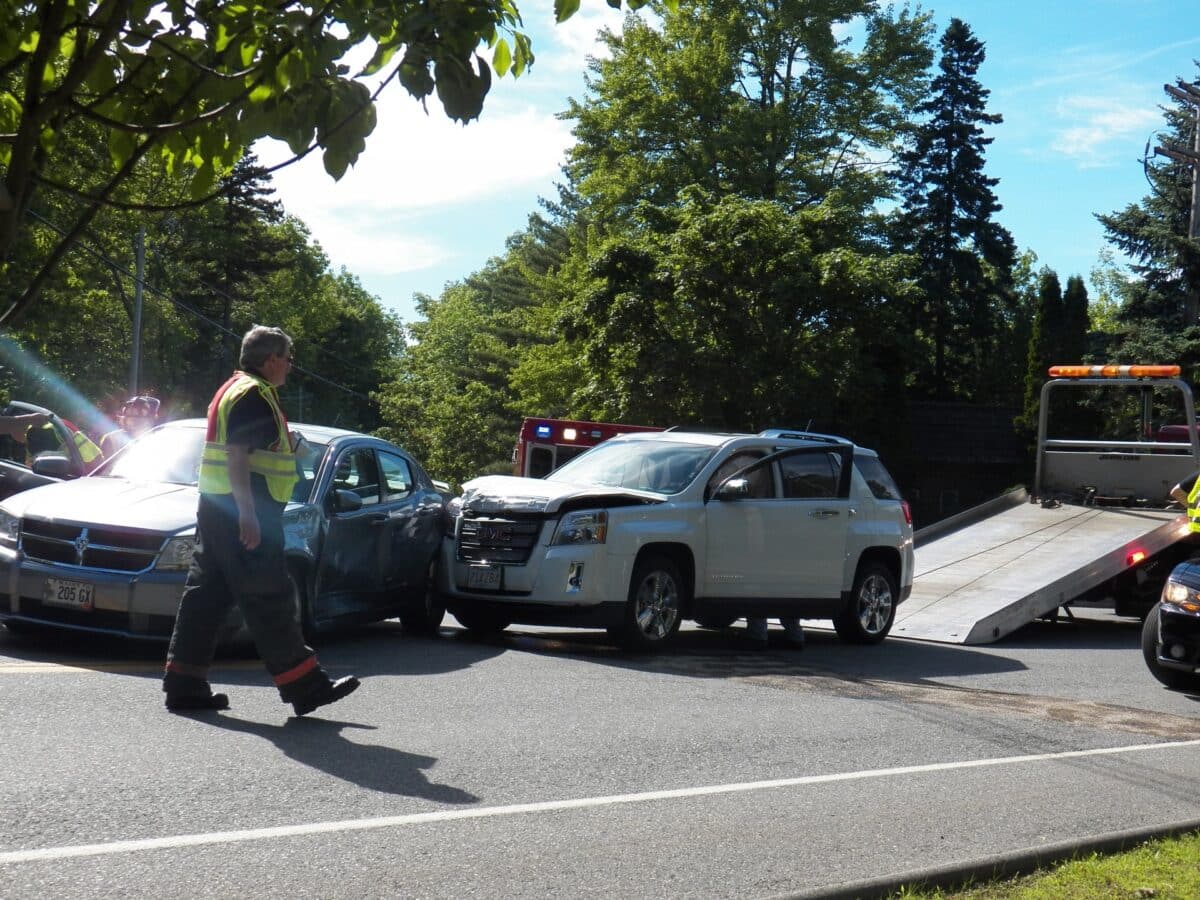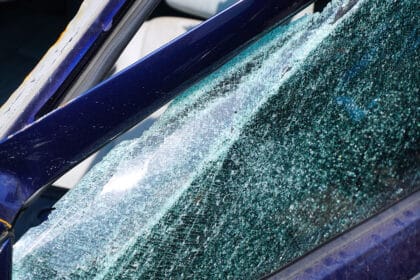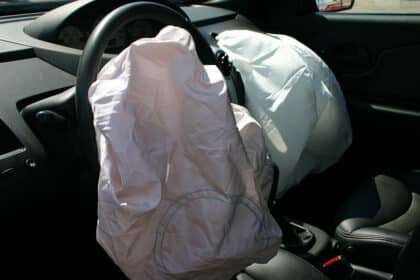 Photo: Junior Libby
Photo: Junior Libby
Highways can be dangerous to navigate for pedestrians. For this reason, it is important to remain in your vehicle, if at all possible, after becoming involved in an accident on a highway.
Carlo Ullysse Jr. worked as an assistant coach for the football team at Cypress Bay High School. The popular coach lost his life to a hit and run driver while walking on Interstate 95 in South Florida. The 27-year-old Ullysse Jr. was traveling north on the interstate when he had a wreck with another motorist. Ullysse Jr. left his car following the accident and was struck by another car at 6:19. The driver that hit the football coach did not stop to render aid.
These types of tragedies happen all too often. Here are a few tips to protect your safety if you are ever involved in a highway accident.
If you are able to do so, move your car out of a position where the risk of further harm exists. The shoulder of the road is a great place to move your car when on the highway if one exists. If there is no place to move your car, use the hazard lights to inform other drivers of the danger that exists.
Once your car is no longer moving, shift the transmission into park and turn off the ignition. Do not leave your car before making sure it is safe to do so. If you possess flares or other safety equipment, now would be the time to use them.
Check everyone involved in the accident for injuries. This includes yourself, any passengers in your car, and all passengers of the other car involved in the accident. If anyone has suffered a substantial injury, emergency personnel should be called by dialing 911. It is important to understand that even seemingly mild symptoms like dizziness warrants an examination by a medical professional.
Even when accidents are not serious, an accident report from a policeman can be invaluable when filing a claim with your insurance company. You should cooperate fully with the police once they are on the scene. However, do not admit to any fault or place blame on someone else during conversations with police officers. Police officers are trained to objectively view the accident scene and determine which, if any, of the drivers is at fault.
When police officers arrive, make sure you explain the events leading up to the accident as clearly as you can. Make the facts you cannot recall clear to the officer also. It is better to tell the officer you do not know the answer to a particular question than to guess or speculate.
Inform the officer of any behavior from the other driver that may have played a role in the accident. According to Jeffrey Preszler from PreszlerLaw.com, the Canadian Automobile Association states that a person who is texting is twenty-three times more likely to have an accident while driving. If this, or any other distraction on the part of the other driver played a role, make sure the officer knows about it.
If an officer asks you if you are injured and you are not sure, you should also be clear about this. Do not simply say no because you do not presently feel symptoms. The pain and injuries received from an automobile accident sometimes do not reveal themselves until a few hours after they occur. If possible make sure the information given by the other driver is accurate also.
If you have a camera or cell phone capable of taking photos you can provide yourself with valuable evidence when it is time to file a claim for the accident. It is suggested you take photos of all visible damage to both vehicles as well as any injuries you receive. If for some reason you cannot take photos at the accident scene, you should take them immediately after leaving the scene.
If a police officer responds to the accident, he or she will likely collect the information for you and the other driver. When no officer arrives on the scene, write down the name, telephone number, and address of the other driver. You should also get the contact information of any witnesses at the scene so that either you or the attorney representing you can contact them later.
The moments after an accident on the highway can be a dangerous time. It is necessary to concentrate on your safety as well as the safety of others in the car in these moments. The tips mentioned above should be followed to assure no further injury to anyone following an auto accident.
This is a collaborative article.

The News Wheel is a digital auto magazine providing readers with a fresh perspective on the latest car news. We’re located in the heart of America (Dayton, Ohio) and our goal is to deliver an entertaining and informative perspective on what’s trending in the automotive world. See more articles from The News Wheel.









